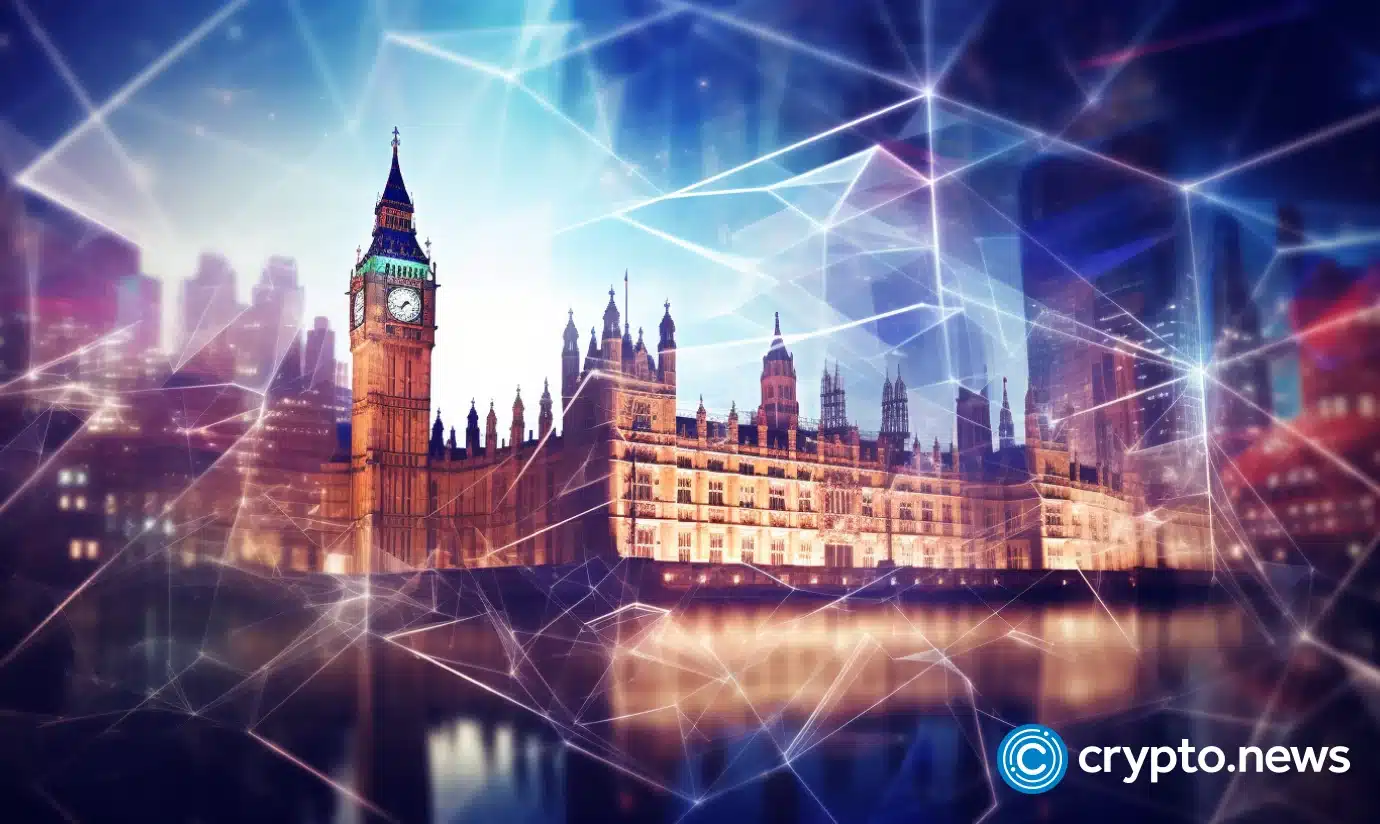The Bank of England’s consultation on the digital pound has sparked widespread public debate, underscoring critical concerns about privacy, cash usage and the currency’s future trajectory.
The Bank of England has received more than 50,000 responses, on its idea of introducing a digital pound. Deputy Governor Jon Cunliffe talked about this in his speech, pointing out that people are worried about how private their information will be, what might happen to cash, and how the digital pound would actually work.
Cunliffe said that if people use the digital pound, their information would be as private as it is now when they make electronic payments. He assured everyone that the Bank of England wouldn’t see people’s personal data.
Even with these assurances, it’s important to think about how safe data truly is when dealing with digital currency.
The responses also worried the central bank may control how the digital pound is used. Cunliffe said that’s not going to happen, and that private companies would be the ones to make and offer services for the digital pound, with users’ permission.
This leads to another issue about how much power private companies could have, and if that could lead to additional problems.
Critics believe the digital pound might be adopted too quickly, which could have a negative impact on the banking system and create financial instability. Others wonder if it is really needed at all, calling it a “solution looking for a problem.”
Cunliffe mentioned that banks and the government are trying to ensure cash remains available, but brings up the question of whether a divide between cash and digital money is being created.
To combat this, the Bank of England is proposing limits on how much digital currency can be held, especially at the start of issuance.
Cunliffe also said they would be talking about the rules for stablecoins, a type of cryptocurrency, soon which could show the bank’s thoughts on more digital money options.
Credit: Source link
































